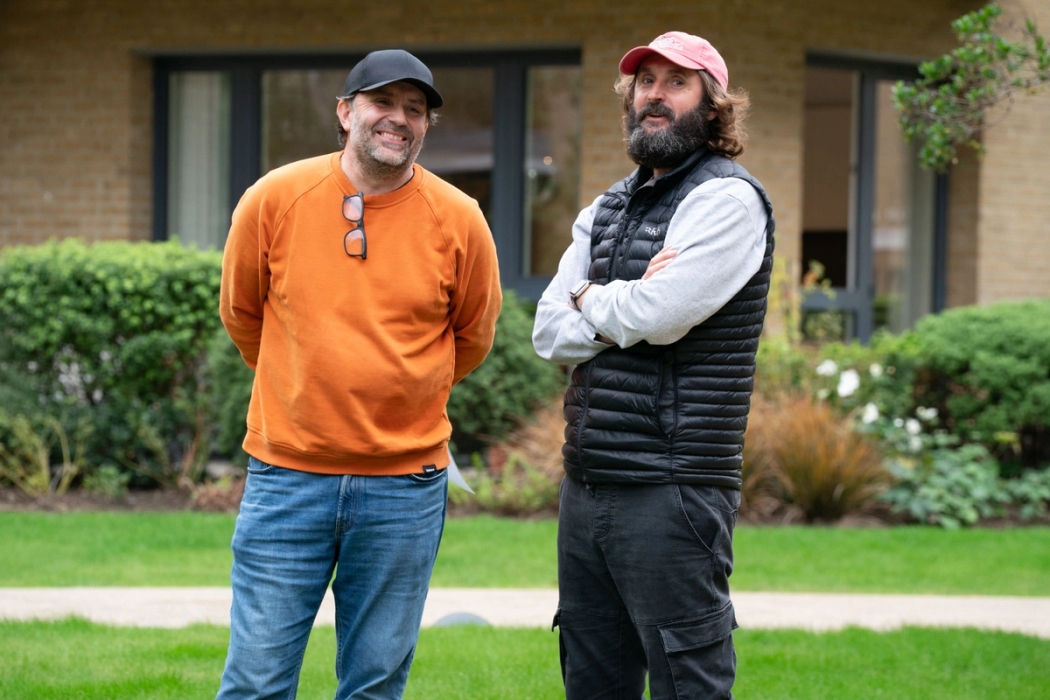- What can I watch on UKTV this week? - What can I stream for free on U?
Newsroom
Latest news
13.02.26
UKTV Highlights Saturday February 14th – Friday February 20th 2026
- What can I watch on UKTV this week? - What can I stream for free on U? - What I can watch on Vale...
06.02.26
UKTV Highlights Saturday February 7th – Friday February 13th 2026
• What can I watch on UK TV this week? • What can I watch on U&GOLD? • What can I stream on U this...
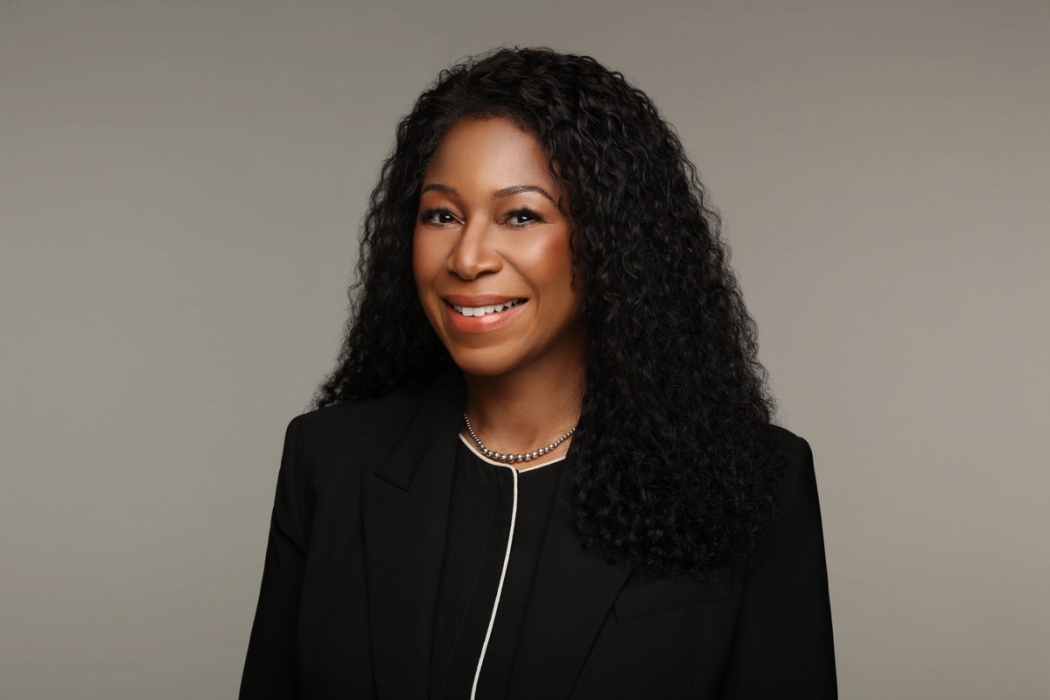
05.02.26
BBC Studios and UKTV appoint Karin Marelle as Global Head of Acquisitions
BBC Studios and UKTV have appointed Karin Marelle to lead their Global Acquisitions team.

03.02.26
A host of comedians to find The Way Out on U and U&Dave
U and U&Dave is set to launch brand-new escape room comedy entertainment series The Way Out
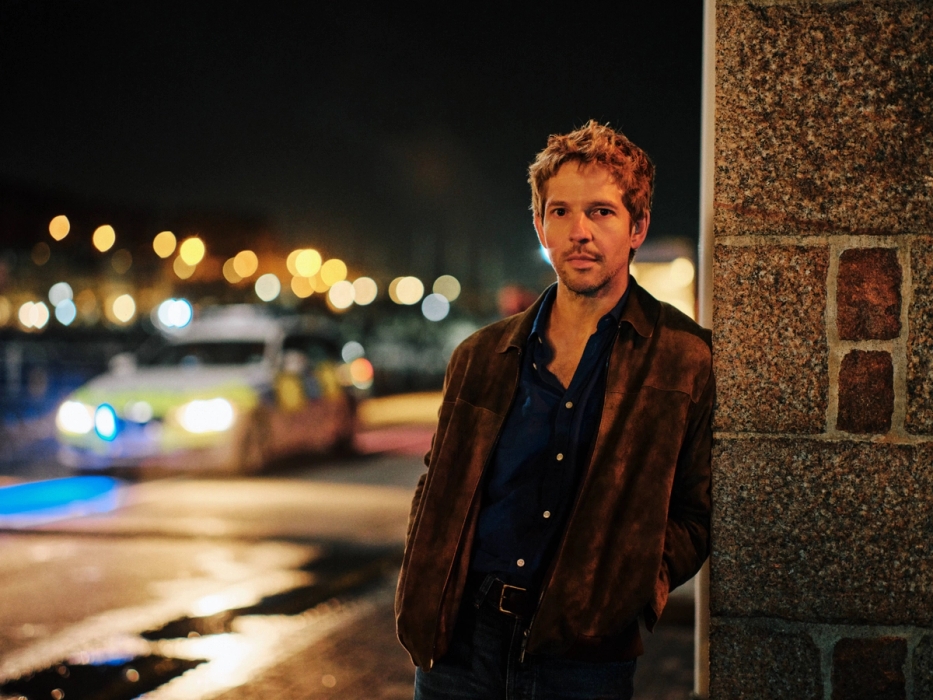
02.02.26
Bergerac S2 teaser released, ahead of return to U and U&DRAMA in Spring
Damien Molony is back as Jim Bergerac, alongside Zoë Wanamaker and guest stars Adrian Edmondson and...
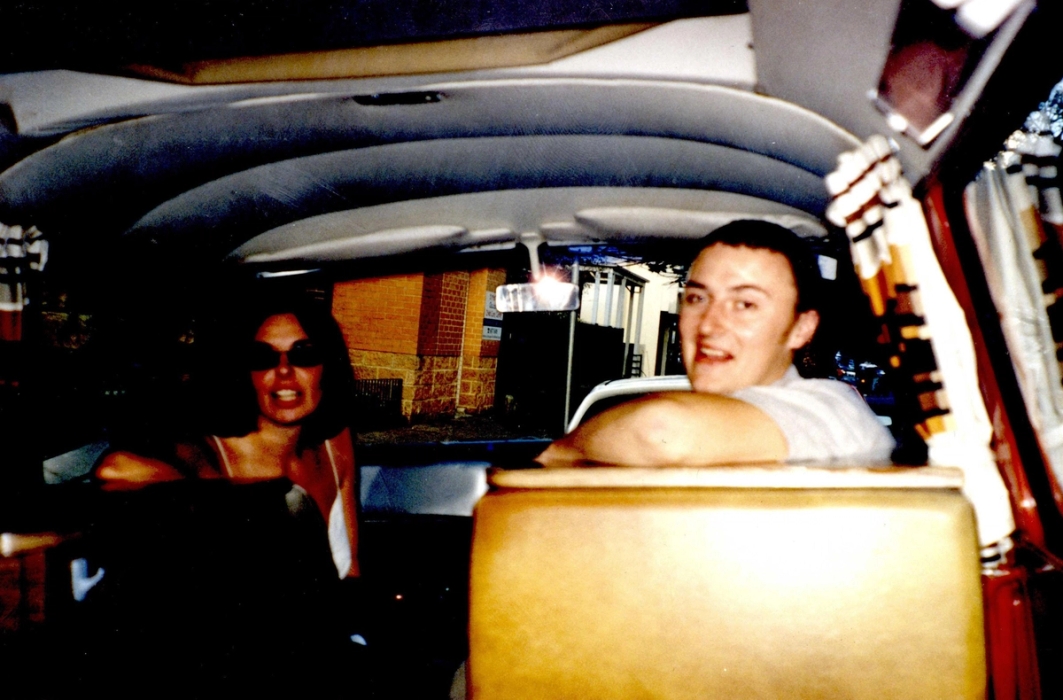
29.01.26
Outback Terror: The Falconio Murder
New two-part true crime documentary aims to shed new light on a case that continues to intrigue on b...
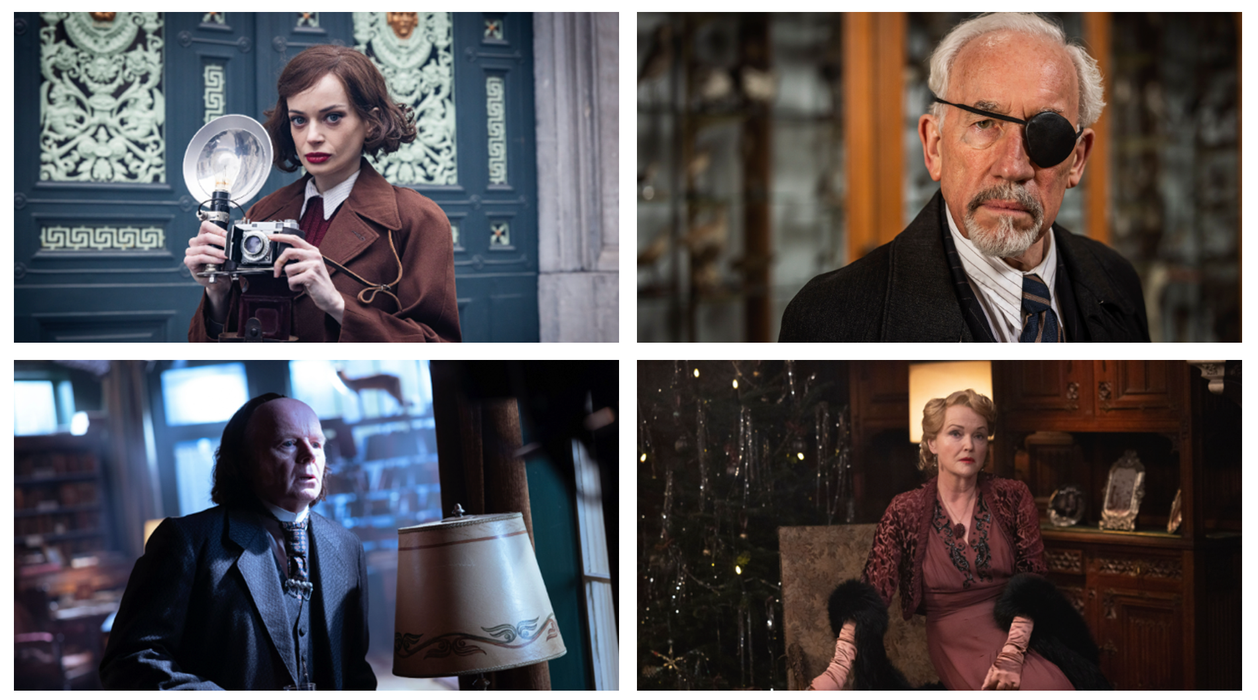
26.01.26
FIRST LOOK images released for Mark Gatiss’ Bookish S2, as Ruth Codd joins cast
The hit series will return to U&alibi later this year
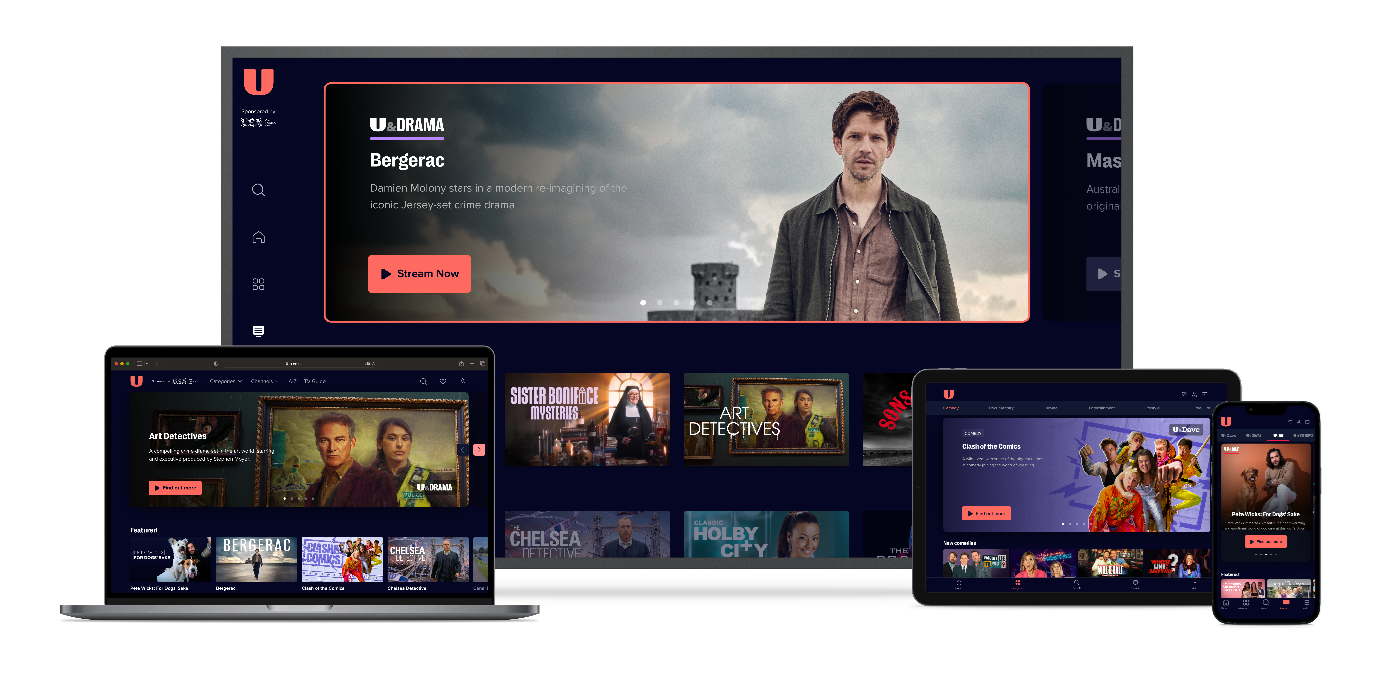
15.01.26
UKTV Enjoys Best Year Yet: VOD Viewing and Linear Share Hit Record Levels
UKTV achieved its best performance on record in 2025, growing VOD viewing, linear share and its Shar...

06.01.26
Channel 4 and UKTV Deliver Unmissable Entertainment and More Choice for Viewers
Channel 4 and UKTV are giving viewers even more reasons to stream, with UKTV’s U service set to feat...
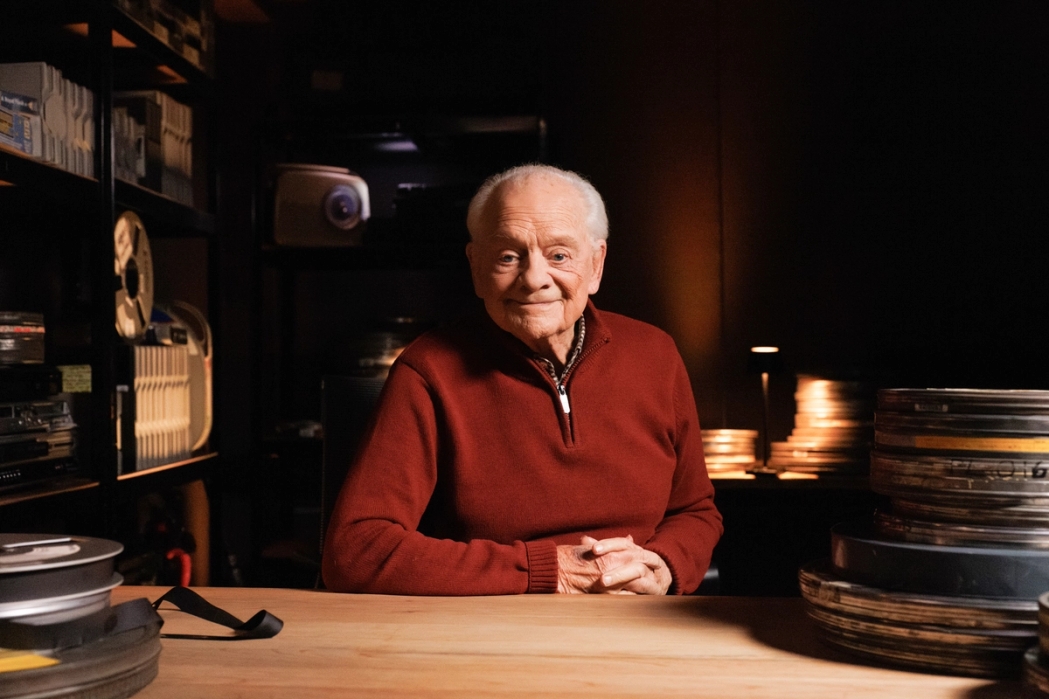
16.12.25
U&GOLD uncovers never-seen-before footage in Only Fools and Horses: The Lost Archive - a two-part documentary series celebrating Britain’s most loved sitcom
To celebrate the 45th anniversary of Only Fools and Horses in 2026, U&GOLD announces a brand-new two...

15.12.25
U&GOLD Reveals Top 10 Topical Christmas Cracker Jokes for 2025!
Andrew Mountbatten-Windsor finds himself the topic of year’s cracker jokes
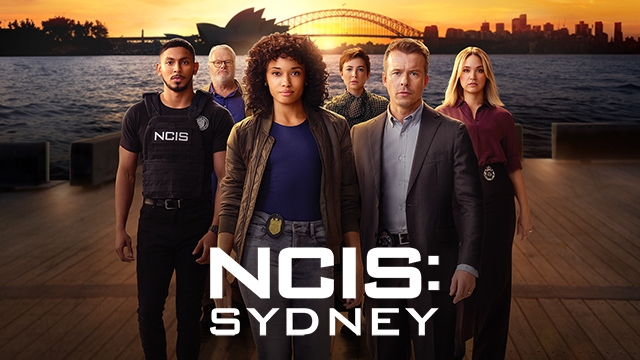
25.11.25
UKTV acquires three shows from Paramount Global Content Distribution for U, U&W and U&alibi
UKTV has acquired 267 hours of drama content including NCIS: Sydney, NCIS: New Orleans and SEAL Team...

04.11.25
FIRST LOOK images released for Bergerac Series 2 on U and U&DRAMA
Filming wraps on the highly anticipated second series of Bergerac with first look images showcasing...

30.10.25
U&GOLD LAUNCHES ITS ANNUAL SEARCH FOR THE UK’S BEST ‘CHRISTMAS CRACKER’ JOKES
TV channel U&GOLD is inviting the nation to craft witty, topical Christmas cracker jokes
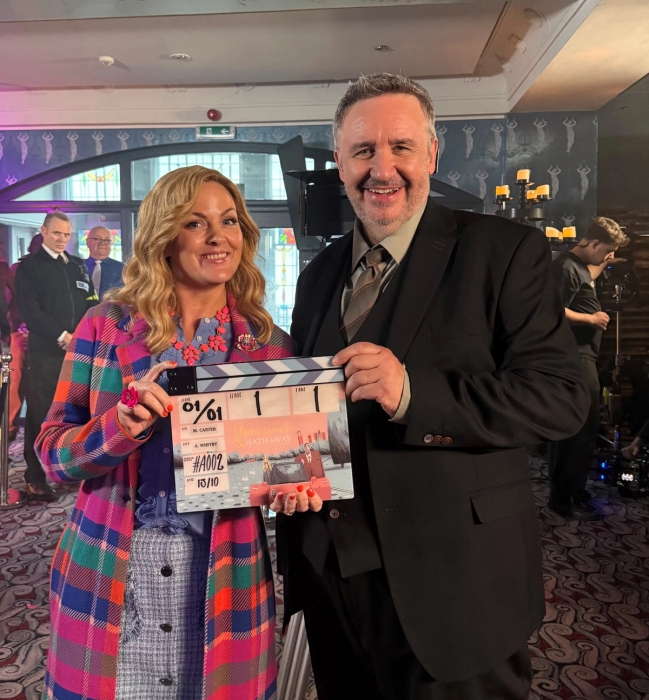
16.10.25
Shakespeare & Hathaway: Private Investigators recommissioned for sixth series, as filming gets underway in Stratford-Upon-Avon
Aruhan Galieva steps into the spotlight as the newest member of the Shakespeare & Hathaway core cast
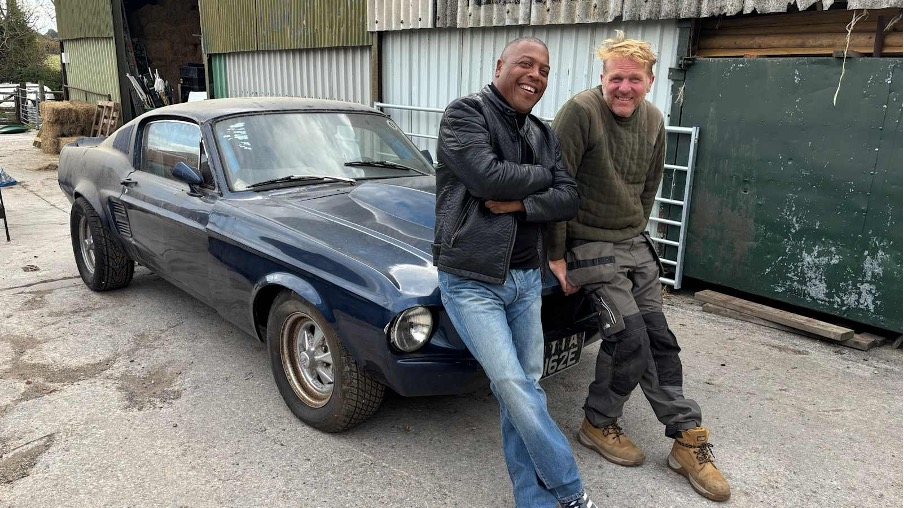
15.10.25
Third series of Dream Car Fixers confirmed for U and U&YESTERDAY
Sheldon Nichols and Will Trickett to find and prepare more classic cars for budget conscious would-...

13.10.25
Nick Blood and Saffron Hocking lead casting for Hit Point
Six-part police thriller to launch next year on both U and U&Dave

09.10.25
U to host Clash of the Comics

09.10.25
Channel 4 and UKTV announce ground-breaking deal to carry UKTV’s U service on Channel 4 streaming
Channel 4 and UKTV today announced a multi-year carriage agreement that will offer audiences thousan...
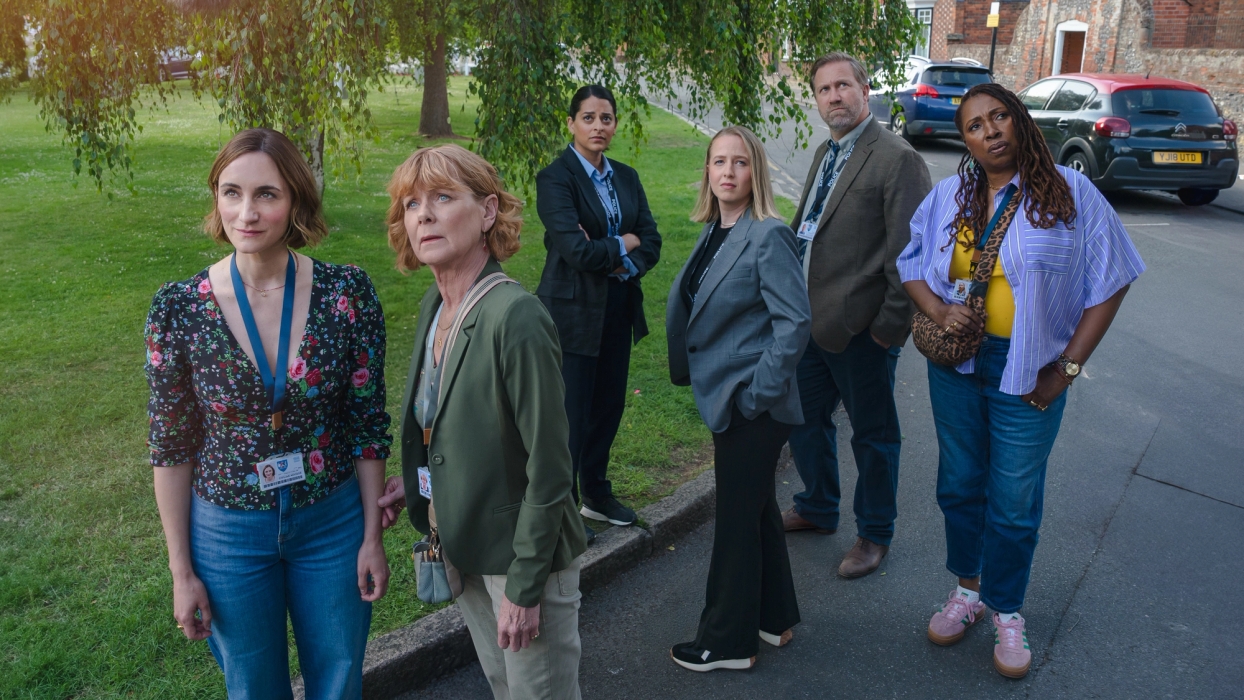
29.09.25
FIRST LOOK images released for The Marlow Murder Club Series 3 on U and U&DRAMA featuring new iconic guest stars
First look images and guest stars revealed for The Marlow Murder Club Series 3
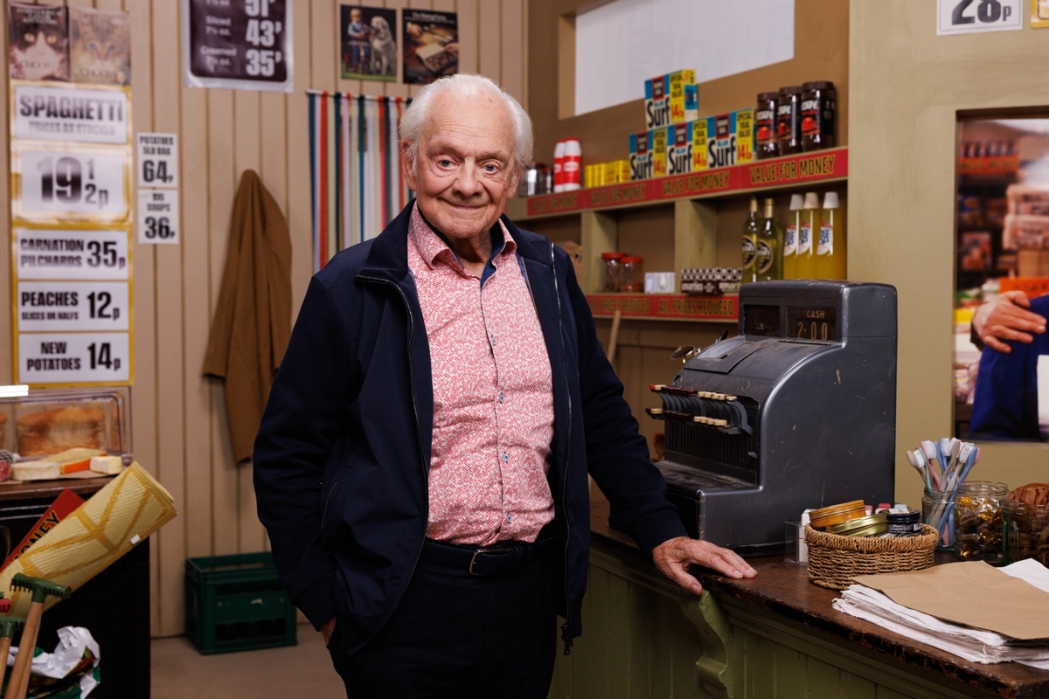
12.09.25
Granville opens up one last time for U&GOLD in Open All Hours: Inside Out
Sir David Jason returns to U&GOLD, for Open All Hours: Inside Out.

11.09.25
UKTV’s free streaming service U launches on Sky Q in the UK
Free streaming service U has launched on Sky Q in the UK, UKTV and Sky confirm today, expanding the...
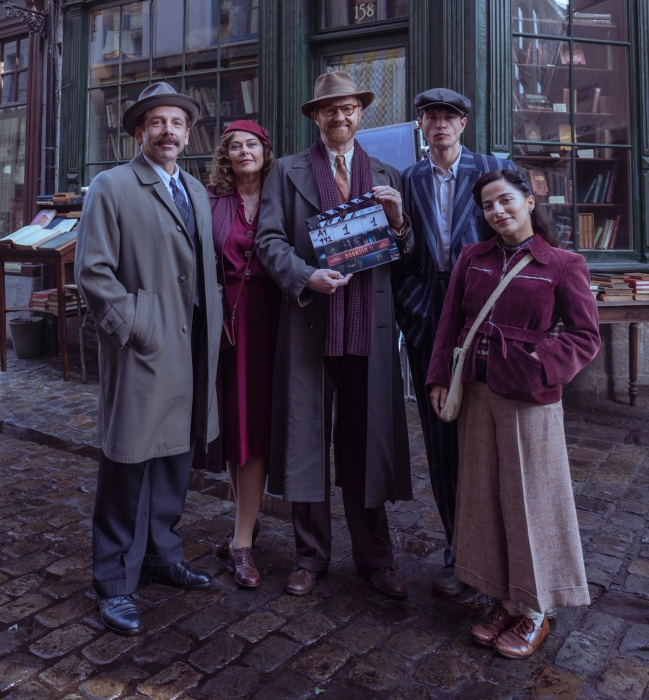
03.09.25
Jason Watkins, Miranda Richardson, Simon Callow, Rupert Graves and many more join line-up for second series of Bookish
Bookish is created, written by and starring Mark Gatiss and filming is now underway
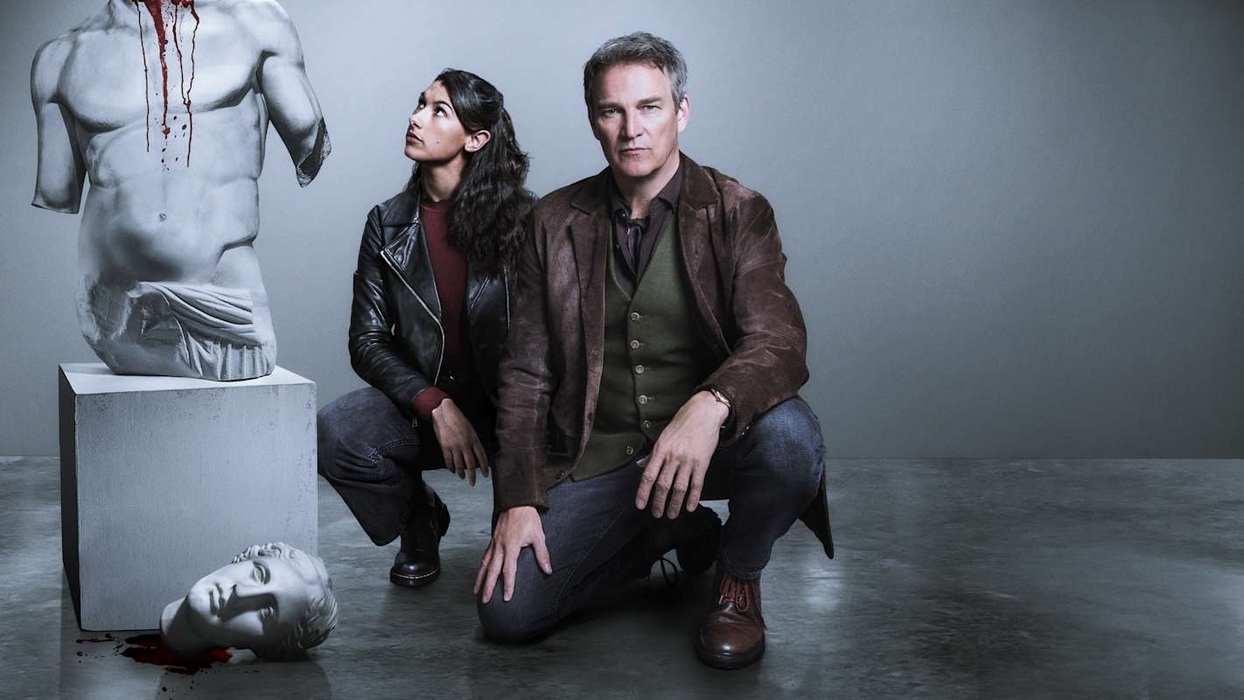
28.08.25
UKTV acquires UK premiere of Acorn TV breakout hit Art Detectives in deal with Dynamic Television
UKTV has acquired the UK premiere of Art Detectives, the compelling new crime and artwork drama star...
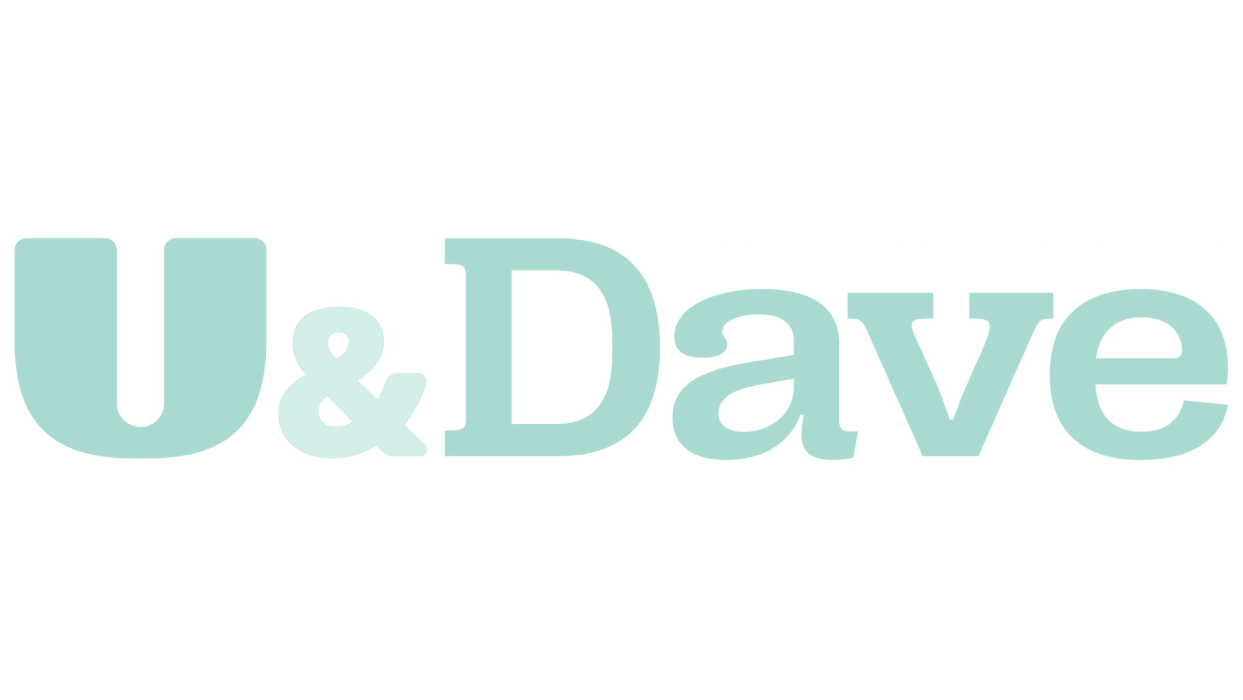
20.08.25
U&Dave announces Hit Point, the channel’s first ever original drama series
Written by BAFTA-winner Howard Overman and directed by David Caffrey, Hit Point is developed & produ...
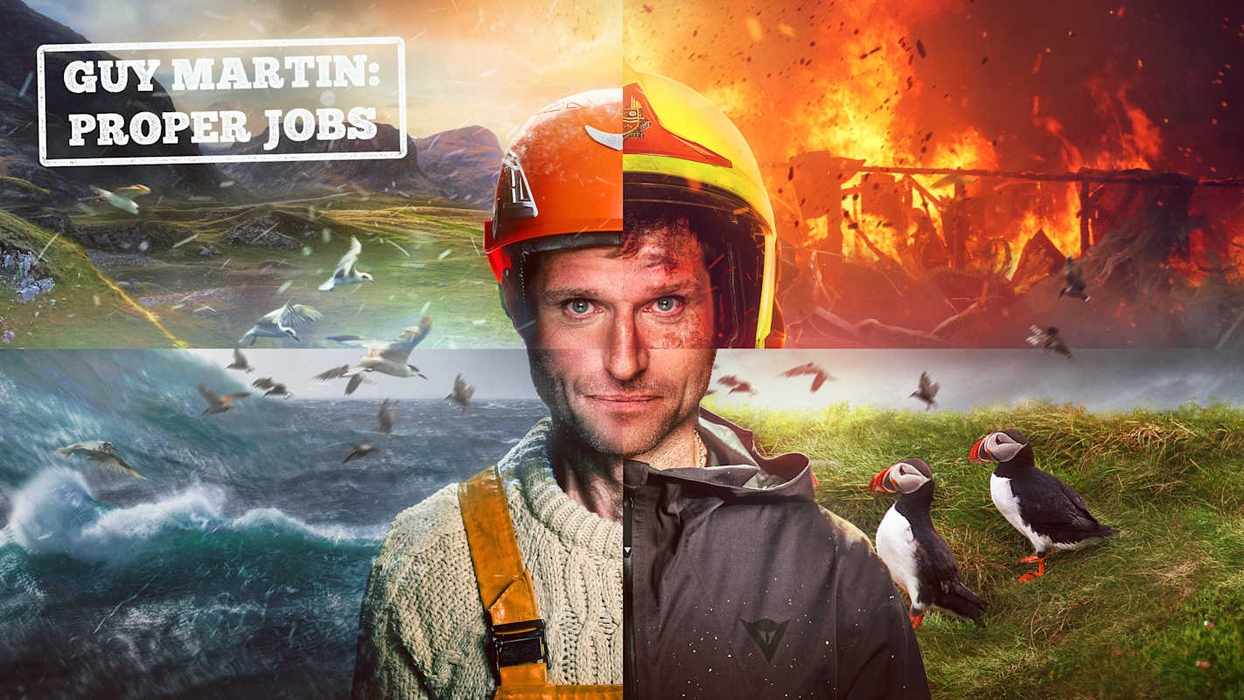
13.08.25
Second series of Guy Martin: Proper Jobs
Guy Martin and North One re-hired for second series of Guy Martin: Proper Jobs for U and U&Dave
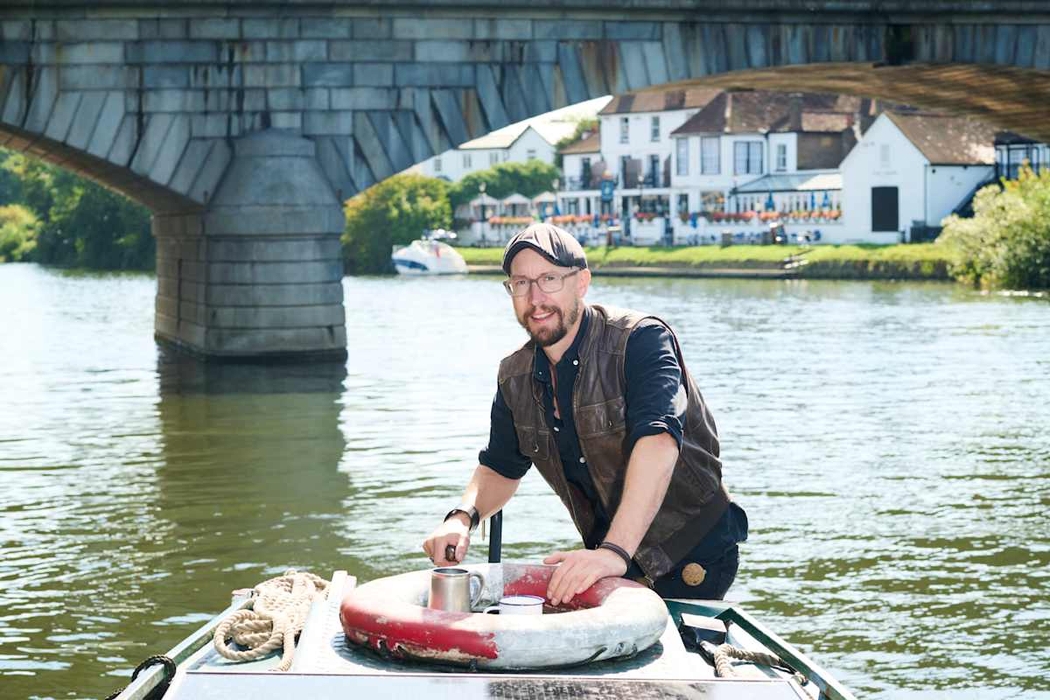
04.08.25
UKTV commissions new series of Canal Boat Diaries
Middlechild to produce seventh series with Robbie Cumming at the helm of his narrowboat once again
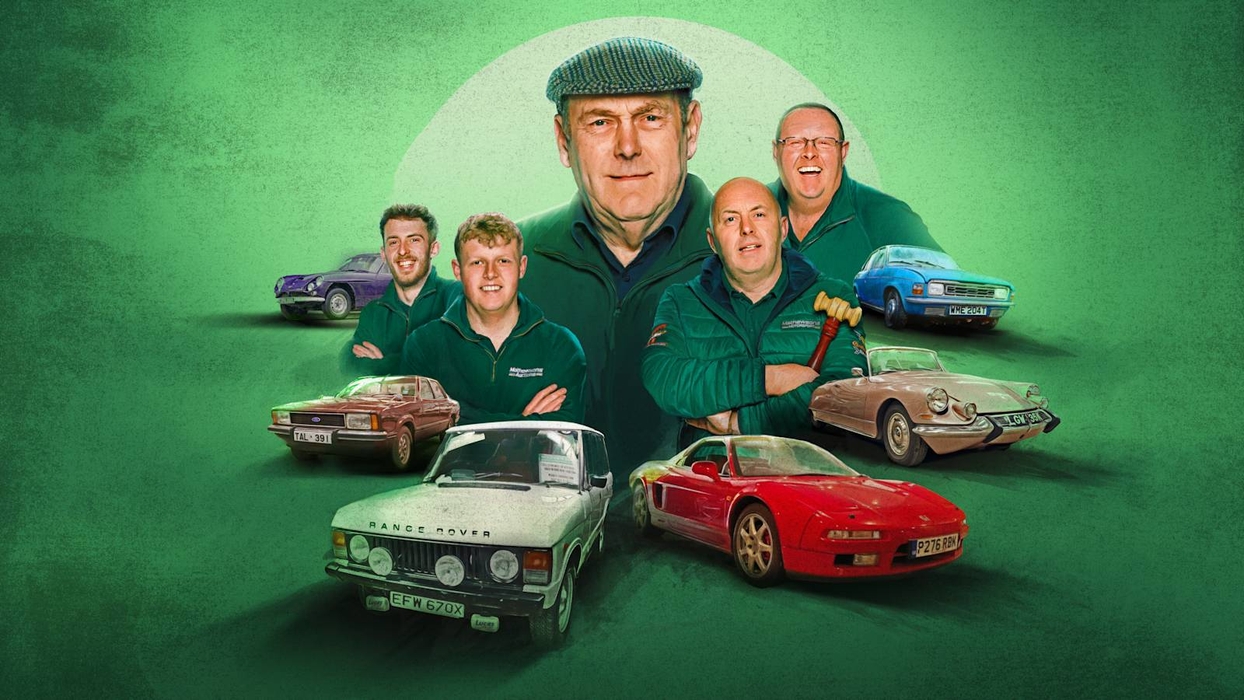
31.07.25
Bumper Bangers & Cash renewal - Four new series for U and U&Yesterday from Air TV
Four new series for U and U&Yesterday from Air TV
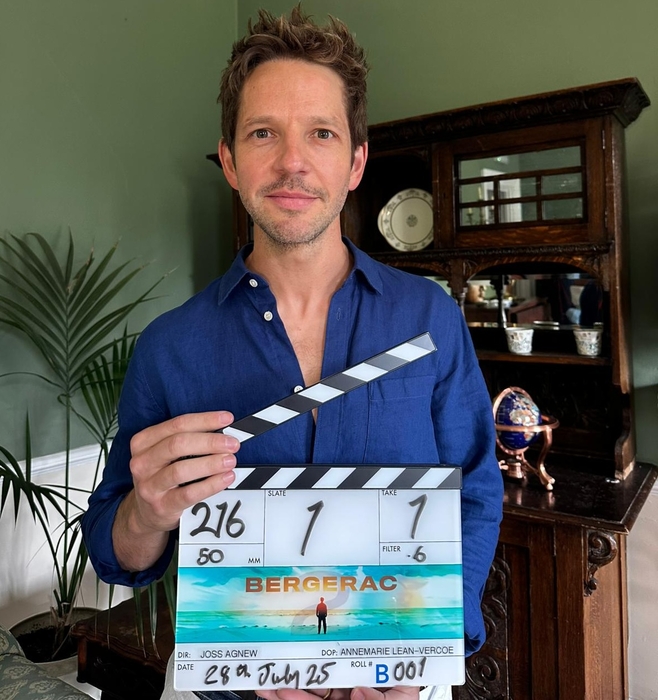
29.07.25
Adrian Edmondson and Lesley Sharp join cast for second series of Bergerac
Filming is now underway and will be available on U and U&DRAMA in 2026

23.07.25
UKTV’s Steve North and Hilary Rosen handed expanded remits
UKTV today announces that senior executives Steve North and Hilary Rosen will be handed expanded rem...

15.07.25
U&GOLD to bring Fawlty Towers: The Play to TV audiences for the first time
Live recording of the West End show to air as part of the channel’s 50th anniversary celebrations fo...
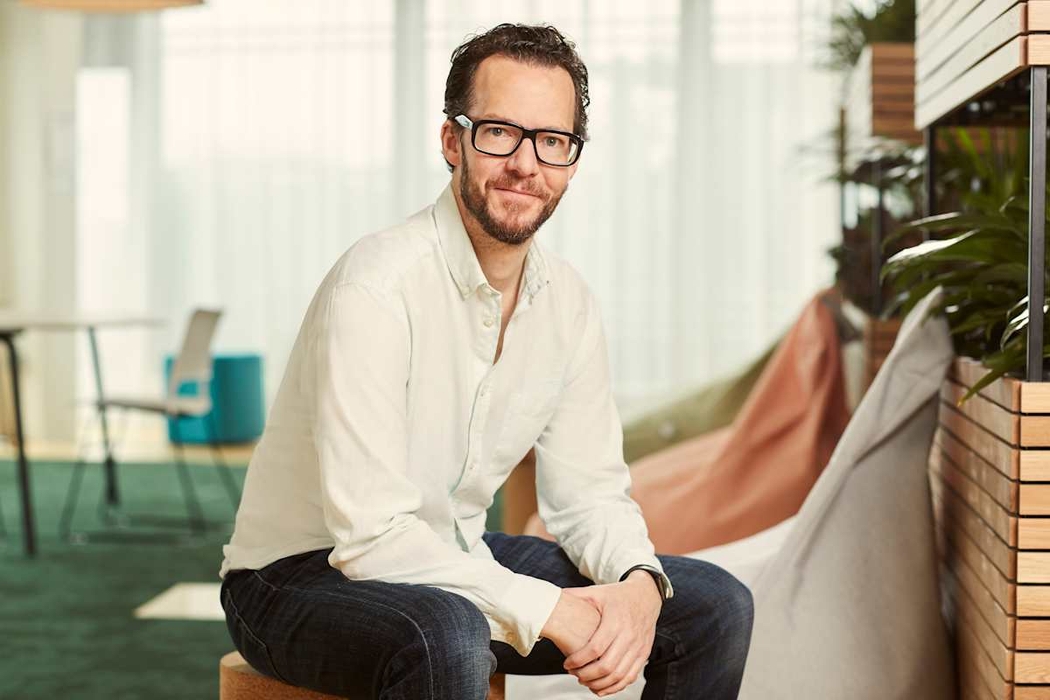
08.07.25
Richard Watsham to depart UKTV following highly successful 14-year tenure
UKTV today announces that Richard Watsham, Chief Creative Officer at UKTV and Global Director of Acq...
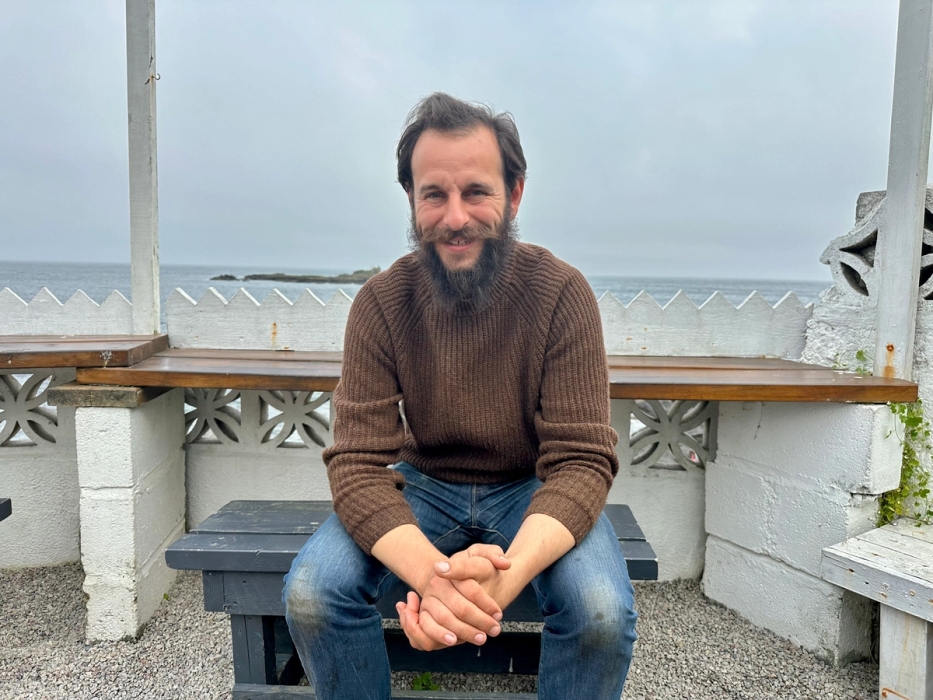
02.07.25
Dom Chinea opens his Cornish Workshop for new series on U&YESTERDAY and U
Brand new factual series follows mechanic and self-taught engineer Dom Chinea as he makes the move o...

